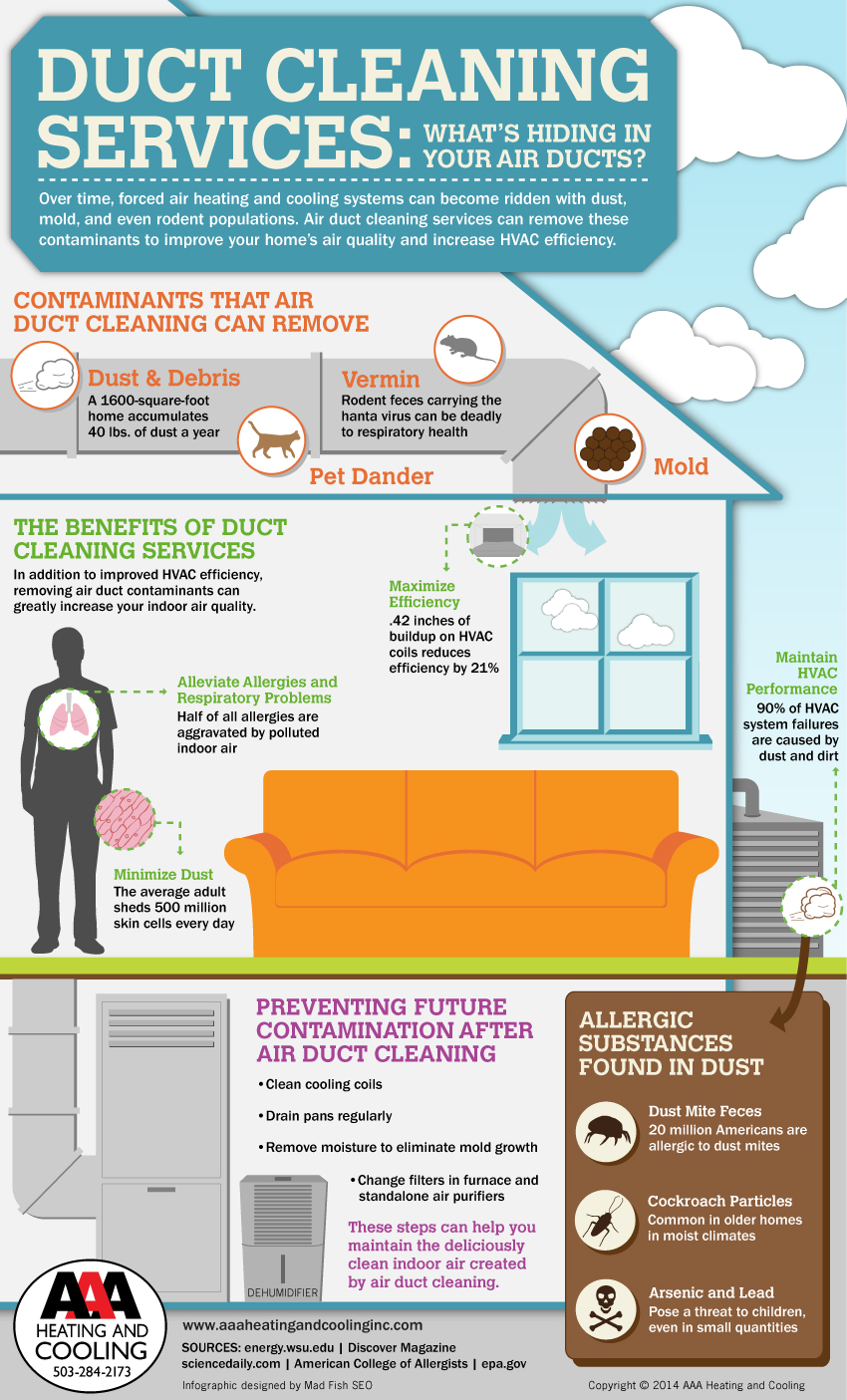The Future Of Home Heating - Just How Heat Pump Modern Technology Is Progressing
The Future Of Home Heating - Just How Heat Pump Modern Technology Is Progressing
Blog Article
Write-Up Created By-Marshall Byrne
Heatpump will be an important innovation for decarbonising home heating. In a scenario regular with governments' introduced power and climate dedications, their global capability doubles by 2030, while their share in home heating rises to one-quarter.
They function best in well-insulated homes and rely upon electrical energy, which can be provided from a sustainable power grid. Technological innovations are making them more efficient, smarter and less expensive.
Gas Cells
Heat pumps use a compressor, cooling agent, coils and fans to relocate the air and heat in homes and home appliances. They can be powered by solar energy or electrical energy from the grid. They have been gaining popularity as a result of their low cost, quiet procedure and the capability to generate power throughout peak power demand.
Some business, like IdaTech and BG MicroGen, are servicing fuel cells for home heating. These microgenerators can replace a gas boiler and create some of a house's electrical needs with a connection to the electrical power grid for the remainder.
Yet there are reasons to be hesitant of using hydrogen for home heating, Rosenow states. https://docs.google.com/spreadsheets/d/1MUgZ_wp6GLDHgzr-KvBmySg69i8WwMHj9IX-JEqz24M/edit?usp=drive_link would be costly and inefficient contrasted to various other innovations, and it would contribute to carbon discharges.
Smart and Connected Technologies
Smart home technology permits house owners to connect and control their devices from another location with the use of smartphone applications. As an example, smart thermostats can learn your heating choices and immediately adapt to enhance energy consumption. Smart lighting systems can be controlled with voice commands and immediately shut off lights when you leave the space, lowering power waste. And smart plugs can keep an eye on and handle your electric use, permitting you to determine and limit energy-hungry devices.
The tech-savvy house portrayed in Carina's meeting is a great illustration of how occupants reconfigure room home heating methods in the light of brand-new clever home modern technologies. https://docs.google.com/spreadsheets/d/1Ju3PPHhZ0YBRlm03_3kPQhRnGvFfOb-QOHaqUZFcLCw/edit?usp=drive_link rely on the devices' automatic functions to perform everyday modifications and concern them as a practical methods of performing their home heating techniques. As such, they see no reason to adapt their techniques even more in order to make it possible for flexibility in their home power demand, and interventions targeting at doing so may face resistance from these families.
Power
Given that heating up homes represent 13% of US exhausts, a switch to cleaner options might make a large distinction. But the modern technology faces obstacles: It's costly and calls for considerable home remodellings. And it's not always compatible with renewable energy sources, such as solar and wind.
Until recently, electric heat pumps were also expensive to compete with gas models in many markets. But new advancements in layout and materials are making them more cost effective. And far better cool climate performance is allowing them to work well also in subzero temperatures.
The next action in decarbonising home heating might be making use of warmth networks, which attract heat from a main resource, such as a close-by river or sea inlet, and distribute it to a network of homes or buildings. That would certainly minimize carbon discharges and allow homes to benefit from renewable resource, such as eco-friendly electrical energy from a grid provided by renewables. This option would certainly be much less expensive than switching over to hydrogen, a nonrenewable fuel source that calls for brand-new framework and would just reduce CO2 discharges by 5 percent if paired with enhanced home insulation.
Renewable Energy
As power rates go down, we're starting to see the exact same trend in home heating that has actually driven electrical automobiles into the mainstream-- yet at an even faster pace. The strong environment instance for impressive homes has been pressed even more by brand-new research.
Renewables represent a substantial share of modern-day heat consumption, but have been offered minimal plan interest around the world contrasted to other end-use markets-- and even much less attention than electrical energy has. Partly, this reflects a mix of customer inertia, split rewards and, in many countries, aids for fossil fuels.
New innovations can make the shift much easier. As https://facilityexecutive.com/2015/11/hvac-coil-cleaning-methods/ , heatpump can be made more energy efficient by replacing old R-22 refrigerants with new ones that don't have the high GWPs of their precursors. Some specialists likewise picture area systems that draw warmth from a neighboring river or sea inlet, like a Norwegian fjord. The cozy water can after that be utilized for heating & cooling in a neighborhood.